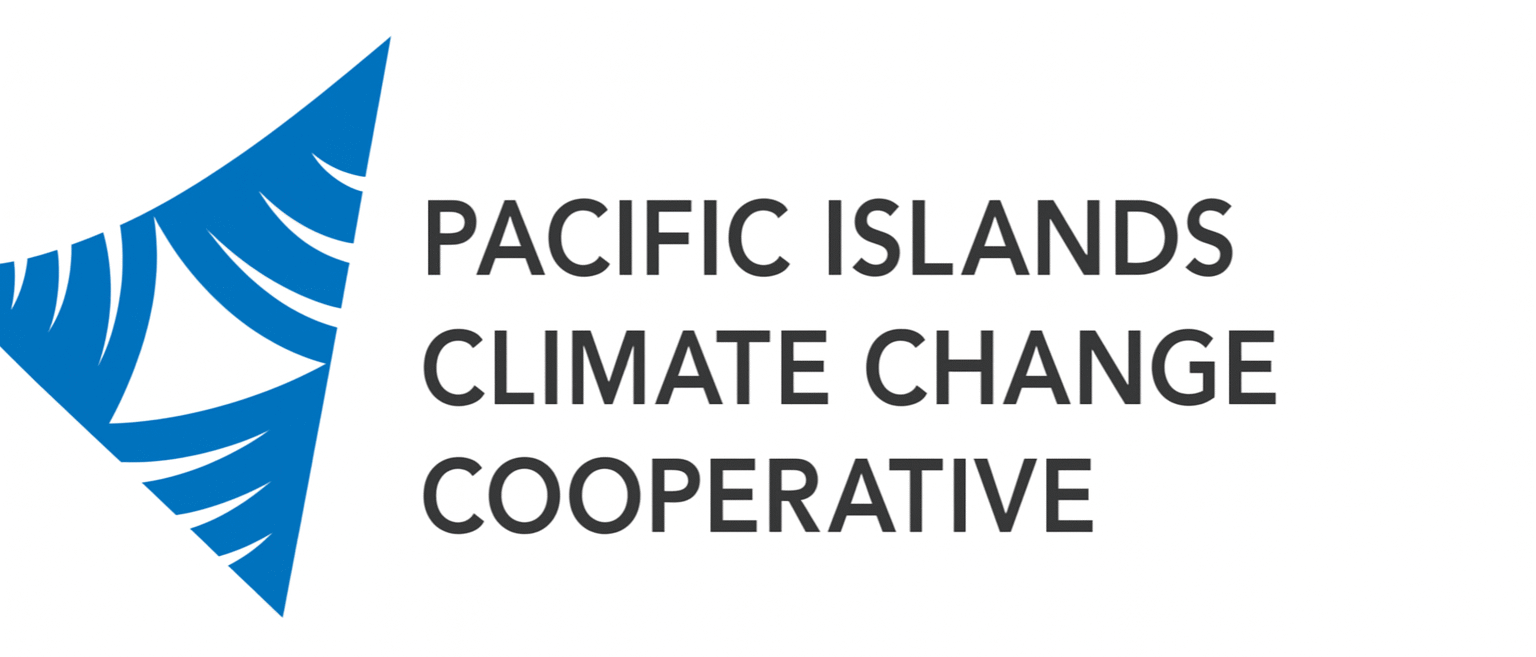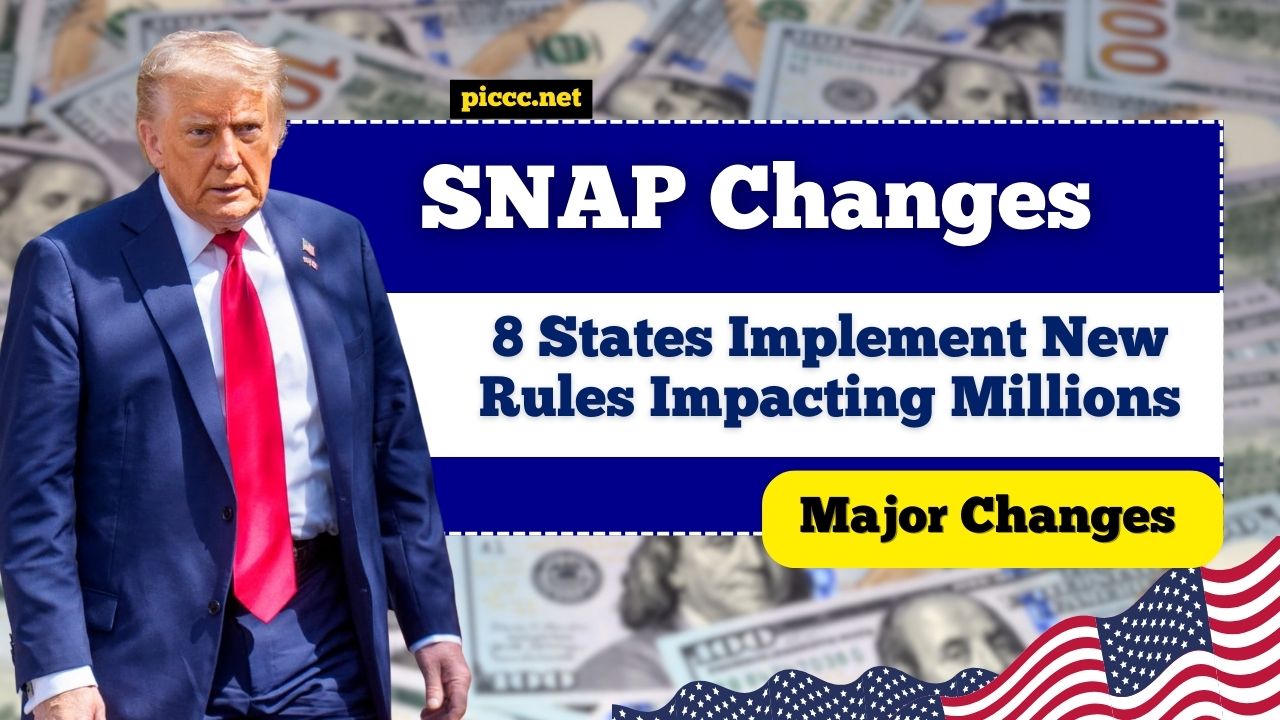The Supplemental Nutrition Assistance Program (SNAP) plays a vital role in helping low-income Americans afford groceries. While the program is funded by the federal government, it’s administered at the state level, allowing states to enforce specific rules.
In a major development, eight states have now proposed tighter restrictions on what items SNAP benefits can be used for, aiming to promote healthier food choices.
How SNAP Benefits Function
SNAP is designed to ensure that individuals and families with limited income can still access essential food items. To be eligible, applicants must meet specific income and work-related requirements, which may vary by state.
General SNAP Eligibility Requirements
| Requirement | Details |
|---|---|
| Gross Income | Must not exceed 130% of the Federal Poverty Line |
| Net Income | Must not exceed 100% of the Federal Poverty Line |
| Work Requirement | Able-bodied adults must work 20 hours/week or attend job training |
| Countable Resources | Households must generally have under $2,750 in countable assets |
Approved benefits are deposited monthly onto an Electronic Benefits Transfer (EBT) card, which can be used to purchase food at approved grocery stores.
What SNAP Benefits Can Currently Be Used For
As per USDA Food and Nutrition Services, SNAP recipients may use their benefits to buy the following items:
- Fruits and vegetables
- Meat, poultry, and fish
- Dairy products
- Bread and cereals
- Non-alcoholic beverages and snack foods
- Seeds and plants for growing food
However, the purchase of alcohol, tobacco, vitamins, medicines, hot/prepared foods, and non-food items is already restricted.
8 States Tighten Rules on SNAP Purchases
A significant shift is underway. Tennessee, South Carolina, West Virginia, Florida, Colorado, Louisiana, Oklahoma, and Texas have submitted waivers to restrict SNAP users from buying sugary drinks and processed junk food.
This initiative aims to align food assistance with nutritional health goals and reduce the consumption of high-calorie, low-nutrient items among beneficiaries.
12 States Set to Enforce Rules by 2026
Beyond the 8 original states, 12 states have either submitted waivers or received approval to start limiting SNAP purchases of unhealthy foods. These states include:
| State | Action Taken |
|---|---|
| Arkansas | Approved for sugary food restrictions |
| Colorado | Restrictions approved |
| Florida | Restrictions approved |
| Idaho | Implementation pending |
| Indiana | Participating in restrictions |
| Iowa | Approved participation |
| Louisiana | Waiver submitted |
| Nebraska | Planning enforcement |
| Oklahoma | Restrictions planned |
| Texas | Enforcement in progress |
| Utah | Participating in policy shift |
| West Virginia | Enforcing restrictions |
The enforcement of these changes is expected to begin in 2026.
The Public Debate: Health vs. Autonomy
Advocates argue these reforms promote healthier dietary habits and may lower chronic health conditions such as obesity and diabetes. As Secretary of Agriculture Brooke Rollins noted, “It is incredible to see so many states take action at this critical moment in our nation’s history and begin to address chronic health problems.”
Critics, however, say these changes ignore deeper issues—pointing out that non-SNAP users remain free to purchase the same sugary products. They argue that systemic inequality, not personal choice alone, is the root issue.
Additional Benefits: Sun Bucks During Summer
To further support low-income families, especially when school meal programs pause during the summer, many SNAP beneficiaries may also qualify for ‘Sun Bucks’, a seasonal benefit.
This helps compensate for the loss of school lunches and breakfasts, ensuring children continue receiving adequate nutrition throughout the summer.
As more states tighten their SNAP purchase restrictions, the way millions of Americans use their benefits is set to change. While these rules aim to improve public health, they also raise concerns about equity and access.
If you’re a SNAP recipient, it’s crucial to stay updated with your state’s guidelines and explore additional programs like Sun Bucks to make the most of your benefits.
FAQs
Which states are changing SNAP rules in 2026?
Twelve states including Florida, Texas, West Virginia, and Indiana have announced plans to limit SNAP purchases of sugary drinks and junk food.
What items are not allowed under SNAP benefits?
SNAP benefits cannot be used to buy alcohol, tobacco, vitamins, supplements, hot prepared foods, or non-food household items.
What are Sun Bucks and who qualifies?
Sun Bucks is a summer benefit program for low-income families with school-aged children, offering additional funds to cover grocery costs when school meal programs are unavailable.

